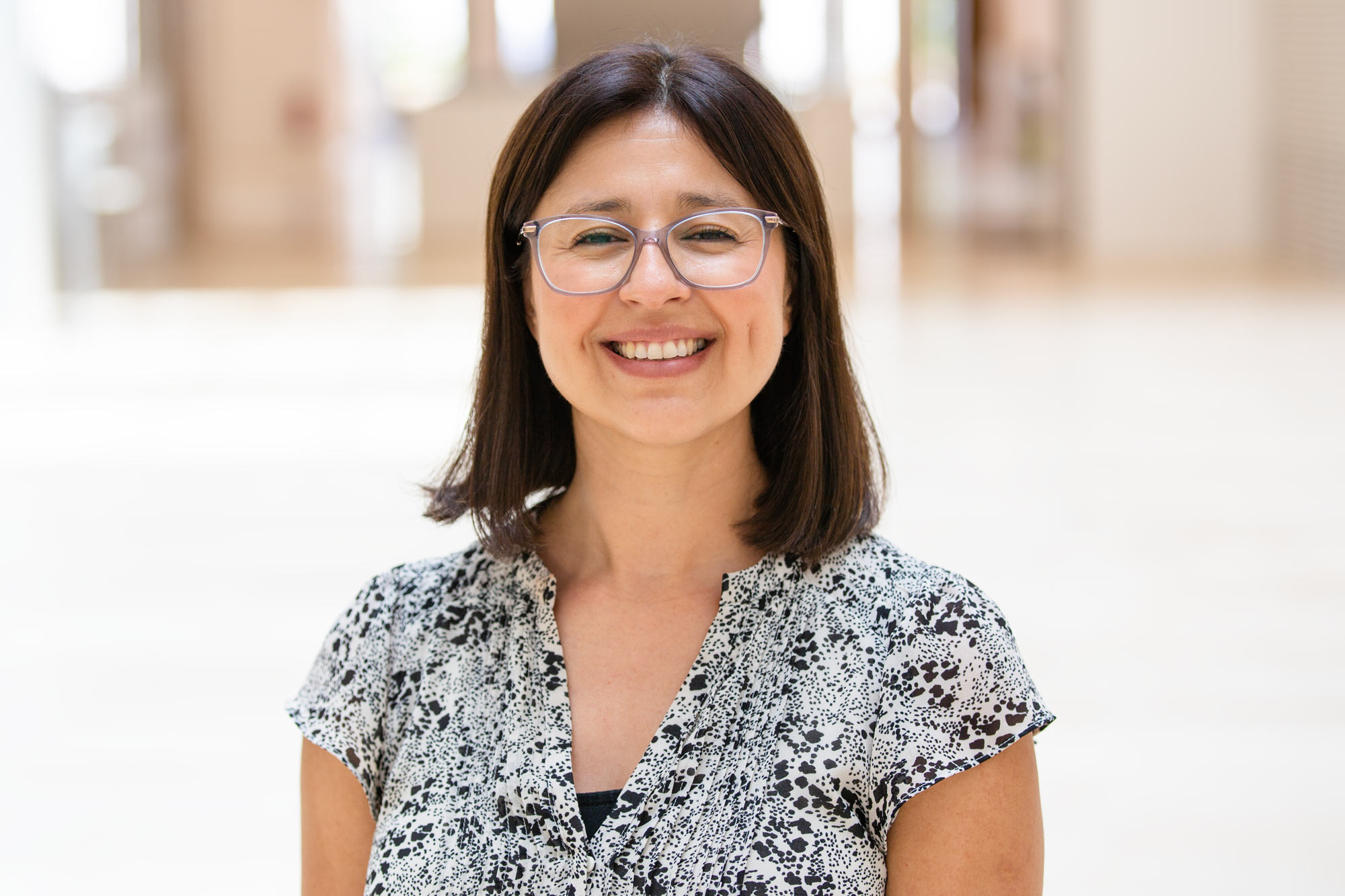
We are delighted to welcome Visiting Professor Mabel Catalán Díaz, an esteemed Chilean pharmacologist, as she joins us at the Institute of Neurogenetics in Lübeck. With her expertise in pharmacology, obesity research, drug discovery, and mitochondrial pharmacology, Professor Catalán Díaz brings invaluable knowledge and strong research background to our institution.
As an Assistant Professor at the prestigious Universidad de Chile and a notable researcher in the Clinical and Molecular Pharmacology Program at the Medical Bioscience Institute, Professor Catalán Díaz has made significant contributions to the field. Her recent collaboration with Dr. María Leonor Bustamante on a funded project focused on standardizing a protocol for culturing skin fibroblasts from patient biopsies, specifically targeting genotyping mutations in PINK1-PARKIN associated with Early Parkinson's Disease, showcases her dedication to advancing scientific understanding.
During her stay at the Neurogenetics Institute in Lübeck, Professor Catalán Díaz will undergo specialized training in fibroblast cell culture techniques. Additionally, she will explore methodologies for evaluating metabolic cell performance and mitophagy in this cellular model. Her objective is to enhance her skills and knowledge in these areas, ultimately contributing to the field of pharmacology and its potential therapeutic applications.
Collaborating with our esteemed scientists and leveraging the state-of-the-art facilities at our institute, Professor Catalán Díaz's visit holds great promise for advancing our understanding of neurodegenerative disorders. By fostering interdisciplinary exchanges and utilizing cutting-edge techniques, we aim to accelerate progress in the field and pave the way for innovative approaches to neurological conditions.
We warmly welcome to Visiting Professor Mabel Catalán Díaz at the Institute of Neurogenetics in Lübeck. Her presence and expertise further reinforce our commitment to international collaboration and the pursuit of groundbreaking neurogenetics research. Together, we strive to unravel the complexities of the human brain and improve the lives of individuals affected by neurological disorders.
